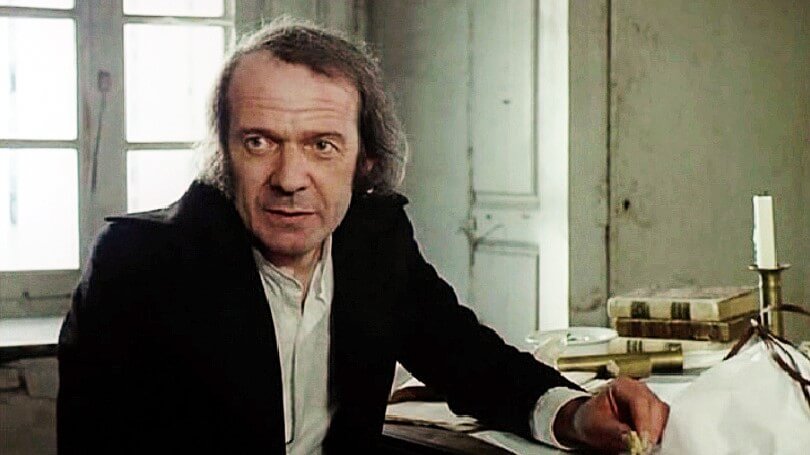In 1963, Deleuze published a tightly articulated book on Kant, La philosophie critique de Kant (translated as Kant’s Critical Philosophy) that lays out (in the introduction) the “transcendental method”, then in three successive chapters, outlines the relations of the faculties as presented, respectively, in the Critique of Pure Reason, the Critique of Practical Reason, and the Critique of Judgement, with a brief conclusion on “les fins de la raison”, the “ends of reason”.
Years later, in L’Abécédaire (“K as in Kant”), Deleuze describes his motivation for working on a philosopher with whom he had little in common: first, for Deleuze, Kant’s writing constituted such a turning point in numerous ways and, second, he initiated something in philosophy that had never been advanced previously, a tribunal of reason and things being judged as a function of this tribunal. While pretending to be struck with horror by Kant’s critical method, Deleuze admits that this is mixed with fascination, especially Kant’s astonishing reversal of time’s subordination to movement, with movement henceforth depending on time, and thus, time ceasing to be circular and becoming a straight line. Moreover, late in his life, Kant introduces his conception of the sublime, by which the faculties enter into conflicts, having discordant accords, then reconciling, but no longer being subject to a tribunal. Deleuze argues that Kant’s greatness is due to creating a whole undergirding in his works that makes Deleuze quite enthusiastic, while on top of the undergirding is a system of judgment that Deleuze says he would like to do away with, but without standing in judgment.
We should also note that during the 1977-78 academic year, one possible topic for an oral explication of a German language text in the national agrégation de philosophie examination was a text by Kant (from the Critique of Judgment, Introduction, “Analytik des Schöne”), so Deleuze’s choice for this brief seminar may have linked his students’ needs with his own interests.
